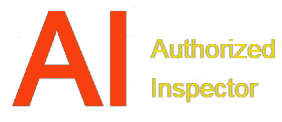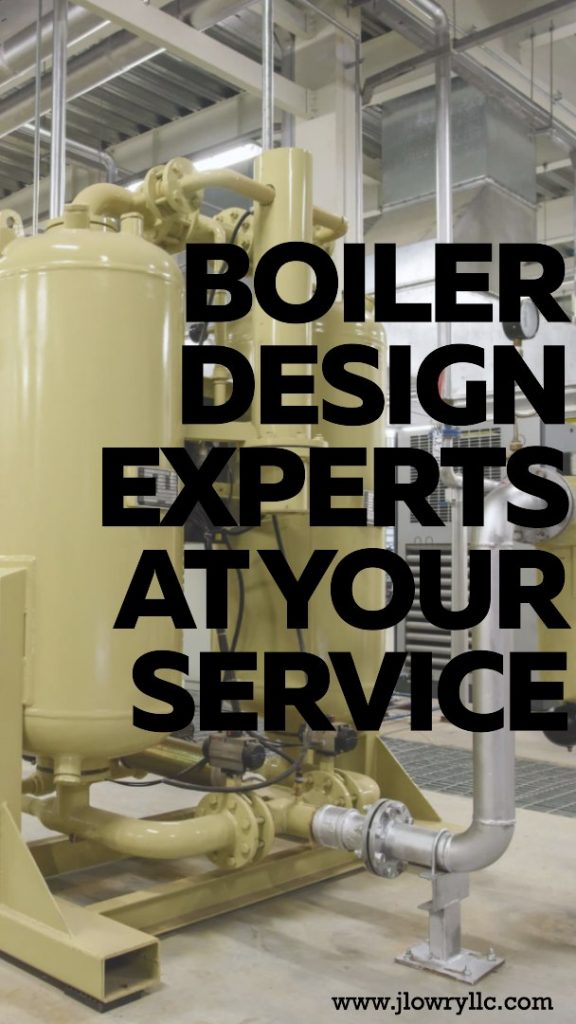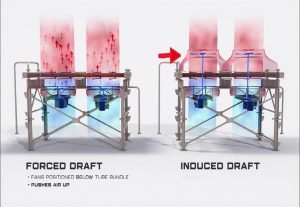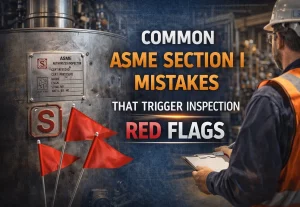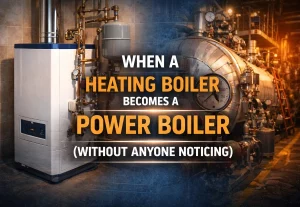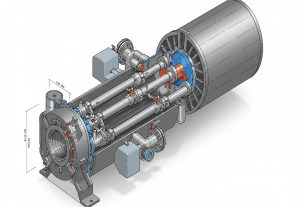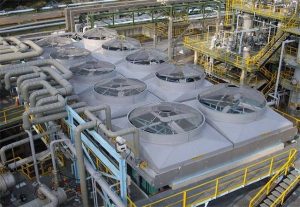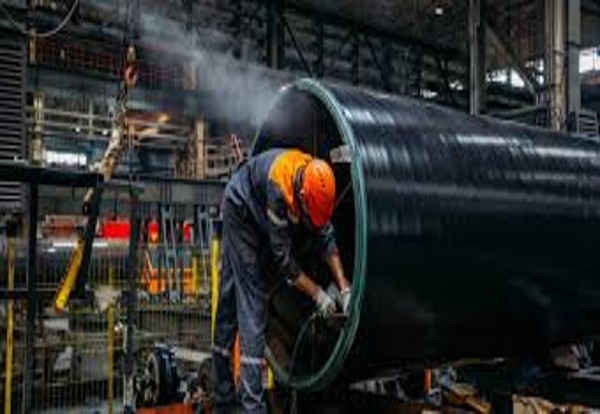What Is a Fire-Tube Boiler?
A Complete Guide for Inspection & Safety
A fire-tube boiler is a type of boiler where hot gases pass through tubes, which are surrounded by water. It’s one of the most common boiler types used in low- to medium-pressure steam applications — especially in heating systems, commercial buildings, and smaller industrial plants.
Because of their relatively simple design and ease of operation, fire-tube boilers have been a mainstay in industries for more than a century.
How a Fire-Tube Boiler Works
Inside a fire-tube boiler, combustion gases generated by a burner travel through a series of tubes. These tubes are immersed in a shell filled with water. As the hot gases pass through, they transfer heat to the surrounding water, producing steam.
Basic components include:
- Shell – contains the water and tubes
- Furnace or combustion chamber – where the fuel is burned
- Fire tubes – carry the hot gases
- Smoke box & stack – where exhaust gases exit
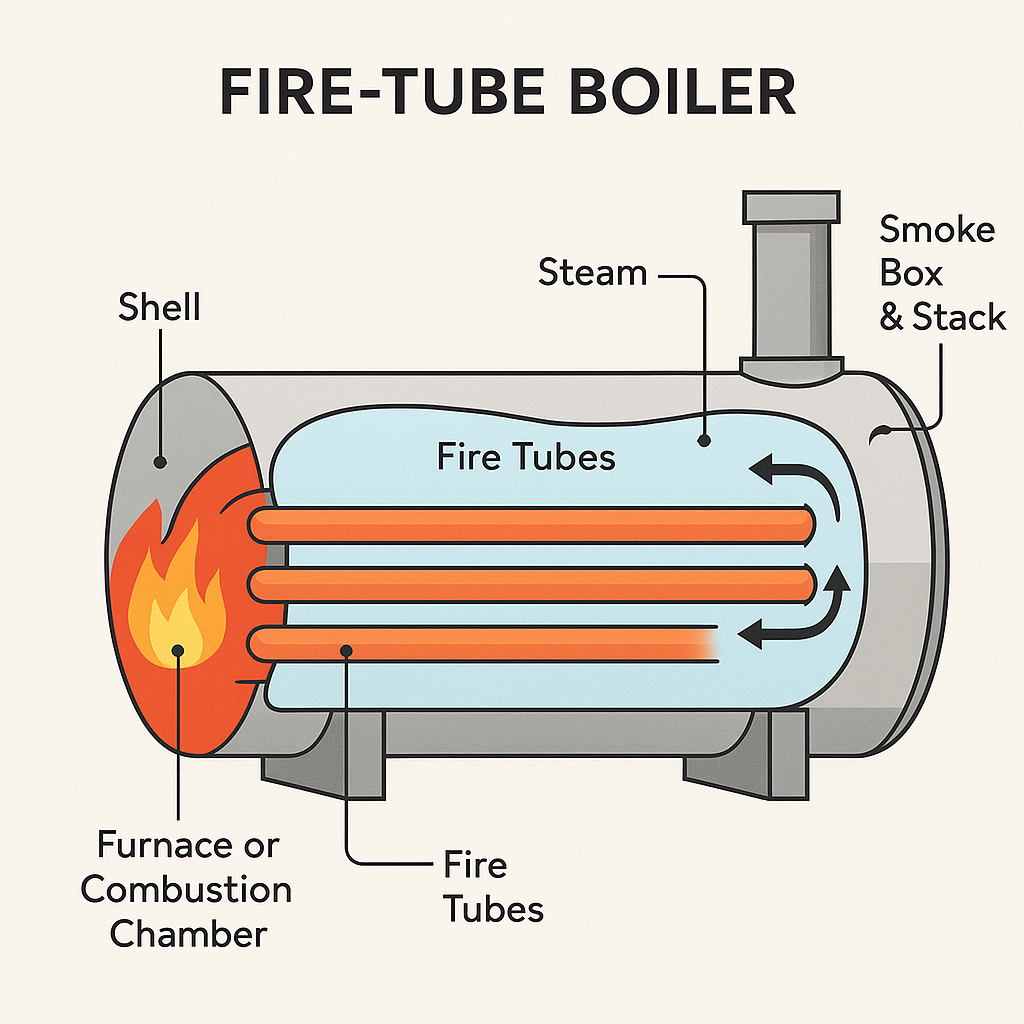
Pictured above: Fire-Tube Boiler Works
Key Advantages
✅ Simple operation
✅ Lower initial cost than water-tube boilers
✅ Compact design — easier to install in tight mechanical rooms
✅ Ideal for steady loads — great for heating and light industrial processes
Common Inspection Points
We know how critical proper inspection is — especially for pressure-bound vessels like boilers. During a routine inspection of a fire-tube boiler, here’s what we focus on:
- Tube sheet corrosion or cracking
- Signs of scale or fouling inside tubes
- Burner alignment and combustion efficiency
- Pressure relief valve settings
- NBIC repair/alteration history (if applicable)
- ASME Code compliance (Section I or IV)
Regular internal and external inspections help ensure your boiler remains safe, compliant, and efficient.
Code Considerations
Most fire-tube boilers fall under ASME Section I (Power Boilers) or Section IV (Heating Boilers), depending on pressure and service.
Any repairs, reratings, or alterations must follow the NBIC (National Board Inspection Code).
Is a Fire-Tube Boiler Right for Your Facility?
If your steam demand is steady, and you value simplicity and reliability, a fire-tube boiler may be your best fit. But don’t decide alone. Reach out to our Partner site J Lowry, LLC — they can review your system and provide code-compliant insights before you build, buy, or repair.
Let’s Talk Boilers
Need help with your next design, repair plan, or boiler certification?
We specialize in helping facilities meet ASME & NBIC requirements — with clarity, confidence, and compliance.


